Whole of life insurance, also known as life assurance, is a form of personal life insurance which, provided you continue to pay premiums, will pay out a lump sum to your family or to your estate when you die.
Whole of life insurance can also be used to provide for the inheritance tax that will be due on your estate after you die. In Ireland, this may be known as Section 72 whole of life insurance.
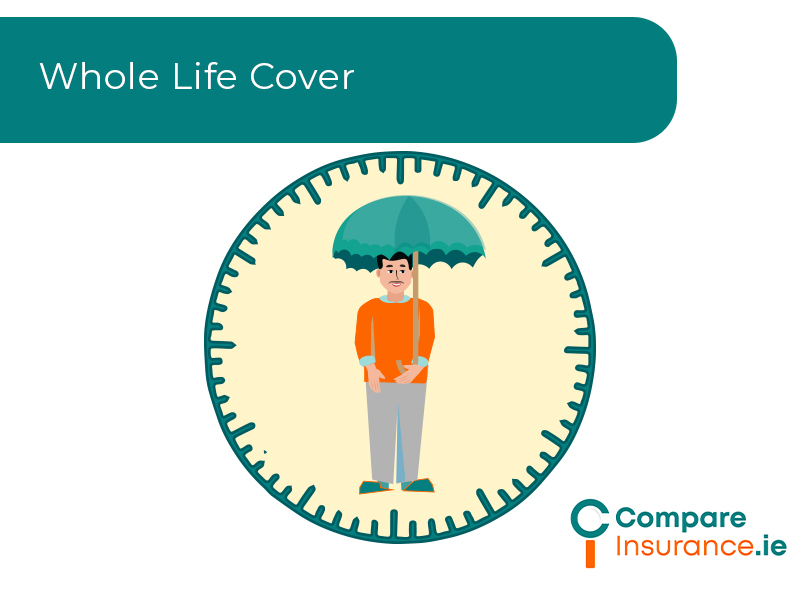
Table of Content
What is whole life insurance?
Whole of life insurance is an insurance product that will pay out on your death.
Unlike term life insurance, where the benefit is paid out should you die during the specified length of the policy (the term), whole of life insurance is a whole life product which will pay a lump sum after you die, as long as you continue paying premiums.
Generally, the level of cover remains the same and the amount of cover taken out at the outset of the policy is the death benefit your dependents will receive when you die.
Whole of life insurance can also be used in planning your estate to cover the inheritance tax which your family will be obliged to pay on inheriting your estate.
In Ireland, depending on the relationship to you eg. spouse, daughter, sibling, niece/ nephew, or friend, inheritance tax can be significant and whole of life insurance can be used to avoid leaving your loved ones with this financial burden.
This type of whole of life insurance may be known as Section 72 whole of life insurance.
Whole of life insurance can also be used to cover funeral costs so that your remaining family will not have the expense of paying for your funeral.
Types of Whole Life Insurance
Whole of life insurance may be:
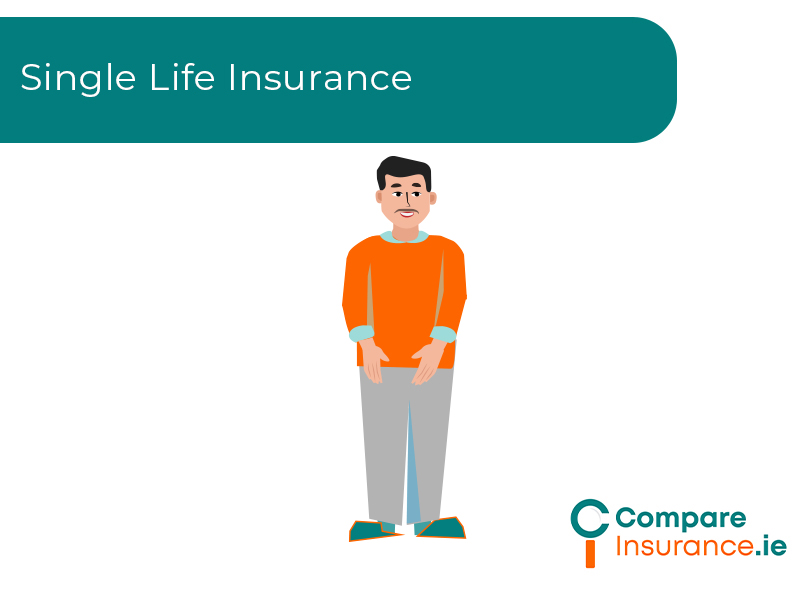
Covers the life of the policyholder only. When benefit has been paid on their death the policy will cease.
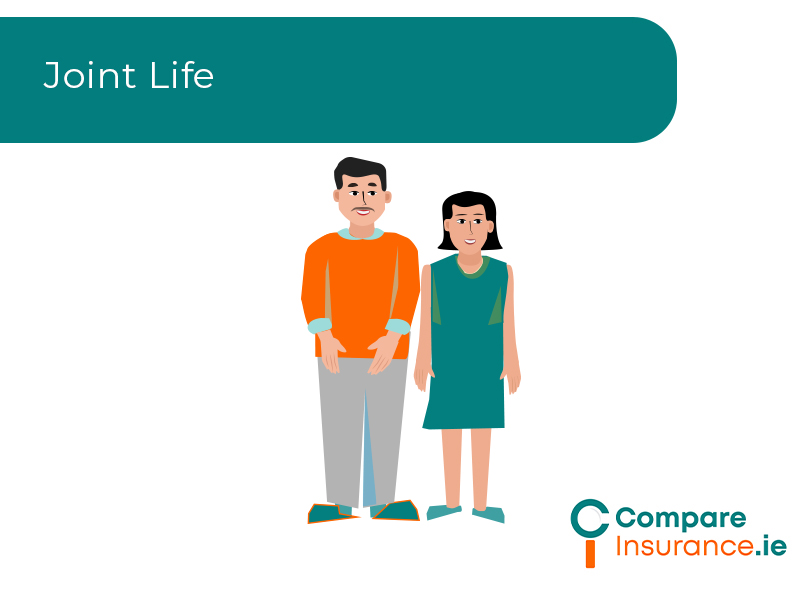
Joint life whole of life insurance covers the life of two policyholders and pays out on the death of one of the policyholders, usually on the first death.

Dual life whole of life cover offers a benefit on the death or both of the policyholders. It will pay a benefit on the death of the first policyholder, then cover will continue and it will pay out another benefit on the death of the second policyholder.
Who offers whole life cover in Ireland?
When considering Whole life insurance, the following providers should be considered. Compare all whole life insurance providers to get the best possible quote.



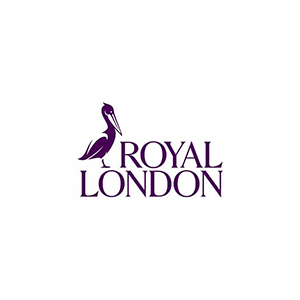

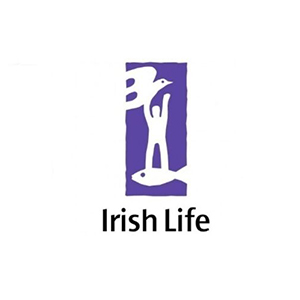

When does whole life insurance pay out?
Whole of life insurance is guaranteed to pay out on your death, as long as you continue paying premiums as required by your insurer.
Some policies will allow you to continue paying premiums until retirement age, then payments cease but cover continues until you die and your surviving family receive the benefit.
As whole of life insurance has an investment element, some policies will allow you to cash out the policy and receive benefits after a certain length of time but not all policies allow this.
Who should have whole life cover?
Whole of life cover will appeal to those who wish to have the security of fixed premiums and/or a guaranteed, fixed amount of cover on their death.
It may also be of benefit to those who wish to make provision for inheritance tax to avoid leaving behind a tax bill for their loved ones.
Funeral expenses can be provided for with a whole of life insurance policy.
How Compare Insurance Works
We compare all insurance options so you can be sure you’re always getting the best deal.
1. Select Your Product
Simply select the insurance product you need a quote for e.g. life, home or health insurance.
2. Online Quote Form
Fill out one of our simple online assessments with your insurance details.
3. Free Quote Consultation
A qualified financial advisor will call you back for your free insurance quotation.
Benefits of Whole Life Cover
Whole of life insurance policies may be guaranteed or reviewable.
Guaranteed Policies
With guaranteed policies you will pay a fixed premium for a fixed amount of cover from the outset of the policy until you die, as long as you continue paying the premiums.
If you choose to increase your cover or you have chosen an option to increase cover to allow for inflation, you may face increased premiums.
Reviewable Policies
With reviewable policies your premiums will be reviewed at regular time periods by your insurer and you may face increases in your premiums to maintain your level of cover.
Conversion Option
You may choose an option to allow you to change or increase your cover if your life circumstances change this will increase the price you pay for whole of life cover.
Some insurers offer benefits to their life insurance customers in addition to just life insurance cover. Support or therapy for the effects of illness, injury, or bereavement as well as medical advice or a second medical opinion on receiving a health diagnosis may be included with your whole of life insurance.
Differences Between Whole Life and Term Life Insurance
Term Life Insurance
Term life insurance has a specific time limit beyond which benefit will not be paid out. It is, generally, cheaper than whole of life insurance as it is not guaranteed to pay benefit.
Term life insurance may also have decreasing cover which means that the benefit that it pays out on your death may be reduced over the term of the policy.
Whole of Life Insurance
This is a life insurance product that guarantees to pay benefit after you die. Generally, unless you choose the option to increase your cover to allow for inflation, whole of life offers level cover.
This means that the amount of benefit you receive on your death is fixed at the time of taking out the policy.
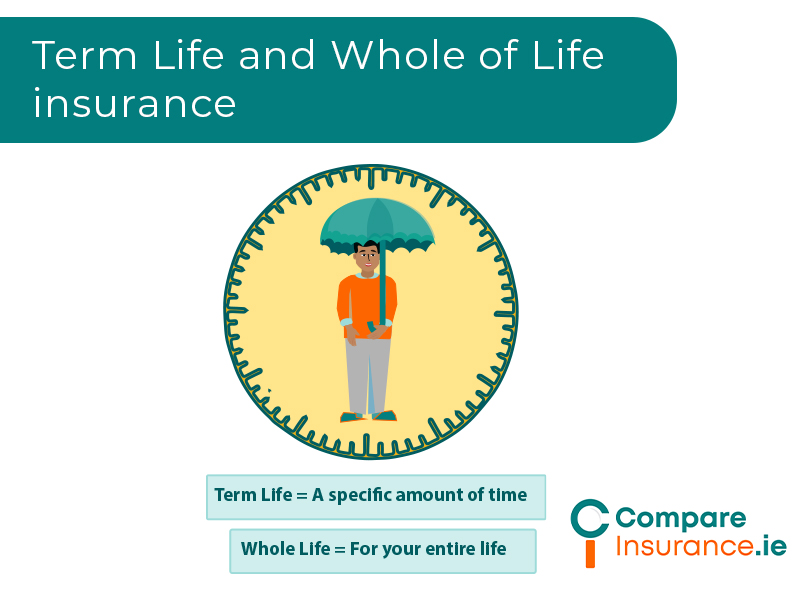
How much is whole life cover?
Whole life insurance cover is guaranteed to pay out and is more expensive than term life insurance. If you choose guaranteed cover, you will pay a fixed premium, usually for your lifetime.
A reviewable policy may have lower premiums initially but these premiums are subject to review by your insurer and may increase over time in order to maintain your level of benefit.
Factors which affect the premiums you will pay for whole of line insurance are amount of cover, your age, your general health, whether you smoke or not and your lifestyle.
Amount of Cover
The lump sum you require to be paid out on your death will affect the level of your premiums. Also, if you have significant assets to leave in your will, inheritance tax will be higher, and this will be reflected in the price you pay for this type of whole of life insurance.
Any additional options such as a guaranteed premium, conversion option, or indexation will be reflected in your premium.
Age
The younger you are when you take out a whole of life policy, generally, the cheaper the premiums will be. However, some insurers have a higher initial age limit to taking out a premium eg. for Zurich it is 45.
Health
Preexisting health conditions, or previous illness will be taken into account in determining your premium for whole of life insurance.
Smoking
If you have smoked or vaped in the previous 12 months you will need to disclose this to your insurer and it will affect the amount you pay for whole of life insurance.
Lifestyle
If you are considered to have a dangerous job or engage in risky hobbies eg. skydiving you will need to inform your insurer.
Get a whole life insurance quote today.
To get the best of idea of what is covered and roughly how much this will cost you why not get an obligation free life insurance quote today using our quote generator tool.
We look at all of the insurance companies in the marketplace so you don’t have to – some quote generation tools will only give you a quote from a list of companies they work with – we look at all of the products available.



